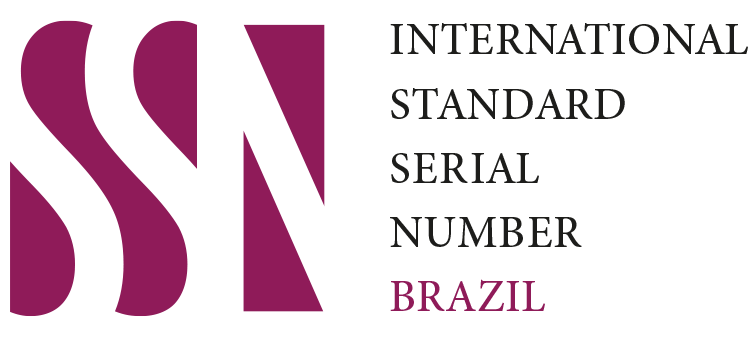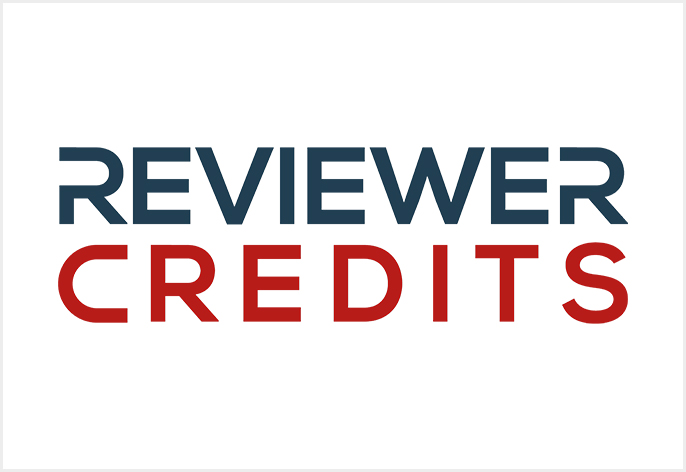Editorial policies
Scope and Focus
The scientific journal Mythos is a biannual publication of the Southern Minas Gerais Teaching and Research Foundation (FEPESMIG), which oversees the Unis Educational Group. This group includes the Southern Minas University Center (UNIS-MG), Três Pontas College, and São Lourenço College.
Mythos promotes interdisciplinary and internationalization of scientific research within its editorial scope. It stands out as a space dedicated to the convergence of various disciplines, fostering dialogue among knowledge areas often treated in isolation. Mythos is more than a journal; it is a platform seeking to transcend traditional research barriers, embracing the richness that emerges when different knowledge areas collaborate. Furthermore, Mythos aims to promote studies involving diverse cultural contexts.
The interdisciplinary scope of Mythos encompasses a wide range of topics, from natural sciences to humanities, connecting seemingly distant areas at first glance. We believe that the complexity of contemporary challenges requires an integrated approach, and that is what Mythos aims to achieve.
Mythos welcomes contributions exploring the intersection of natural and social sciences, encouraging collaboration among biologists, physicists, sociologists, anthropologists, and other experts. We believe that this confluence of knowledge is essential for understanding complex phenomena, such as interactions between the environment and society, cultural dynamics, and technological advancements.
The journal accepts original articles that have not been published elsewhere (journal, book, etc.) and are not simultaneously submitted to another scientific or research outlet. Texts constituting expanded versions of previously published materials in conference proceedings or other venues must indicate this on the first page, with changes highlighted in yellow by the authors. Ad hoc reviewers will assess whether the deepening of the subject is sufficient for them to be considered original. This information prevents the work from being summarily archived as "non-original."
The writing of the resulting text from ongoing or completed theoretical or theoretical-empirical research should be clear, concise, and objective, highlighting the theoretical-methodological foundation, research procedures, and achieved results.
Publishing Policy for Editors
The main objective of this publication policy for editors is to allow the inclusion of editors' work in the journal while maintaining ethical standards and transparency in the editorial process. Transparent disclosure of conflicts of interest is required, covering issues such as financial involvement, personal relationships, and institutional affiliations that may affect editorial impartiality. Works submitted by editors will undergo rigorous and impartial peer review, with the participation of other editors or external reviewers in making editorial decisions. The policy also includes guidelines for transparency in the editorial process, limitations on the frequency of publication by editors, continuous evaluation and transparent communication of the policy to authors, reviewers, and the scientific community in general. The journal undertakes to carry out additional peer reviews, on an optional basis, in cases of doubt about the impartiality of the review, ensuring the quality and scientific validity of the work.
Generative Artificial Intelligence (GAI) Use Policy
This policy on the use of Generative Artificial Intelligence (GAI) in scientific publications aims to establish clear guidelines, guaranteeing integrity, ethics and transparency in the editorial process. Authors are required to disclose the use of GAI during submission, providing details on the approach, parameters and ethical considerations. Transparency and reproducibility are emphasized, requiring authors to share information to enable reproduction of results. Scientific validation is ensured through a rigorous review that assesses not only the results, but also the validity of the approach. Authors are responsible for the ethical use of data, including compliance with ethical standards and minimizing bias in the data. Specialized IAG reviewers may be appointed when necessary, and copyright and intellectual property must be respected. The policy will be updated periodically to reflect changes in technology and ethical practices, and the journal is committed to highlighting the use of IAG in its editorial disclosures, recognizing the importance of this technology in the evolution of scientific research.
Section Policies
Articles submitted to the journal, in any of the described sections below, will be indexed and peer-reviewed.
- Articles: Original texts from a scientific study involving completed or ongoing research products in the journal's thematic area. Articles published in proceedings will be accepted if the authors demonstrate the study's adequacy concerning the proceedings version. Single or multiple case studies, qualitative or quantitative research, and research of a theoretical nature can be submitted to this section.
- Systematic Literature Review (SLR): Systematic literature reviews are welcome as long as rigorous review methods are applied (e.g. PRISMA).
- Memory of a Scientific Event: This section aims to publish studies that have stood out at national or international scientific events. The studies are published in FAST-TRACK format and undergo peer review.
Frequency
Published biannually, Mythos Journal accepts continuous submissions. Since 2019, accepted articles will be available on the journal's page in continuous publication until each volume is completed. Each volume will remain "in progress" until the number of articles for each issue is completed.
Peer Review Process
The journal employs a double-blind peer review system, where the identities of the reviewer and author are concealed throughout the review process. Initially, all contributions will be assessed by the Editor-in-Chief and the Editorial Board to evaluate the relevance of the proposed article to the journal's scope, formatting aspects, and the submission of a signed "declaration of responsibility and conflict of interest" by all authors. If inconsistencies are found, submissions will not be evaluated, archived, and authors will be informed for a new submission following the journal's guidelines.
If deemed suitable, submitted articles will be immediately sent to two reviewers with experience and professional competence. The reasoned opinions will be considered by the Editor-in-Chief for the final decision to:
- Accept the manuscript for publication.
- Accept the manuscript for publication with changes and corrections.
- Reject the manuscript.
The Editor-in-Chief will request a 30-day response time from the reviewers. Evaluation criteria include originality, contribution to the knowledge area, methodological adequacy, clarity, and timeliness. Manuscripts accepted for publication may undergo editorial revisions for clarity and understanding without altering their content.
If the article is evaluated and modifications, corrections, or additions are requested, authors have 20 calendar days to submit the new version. A new round of evaluation will then be conducted, with the same reviewers from the first round, given 30 days to provide a new opinion. In case of disagreements, a new reviewer may be consulted, with 30 days to issue an opinion. This evaluation of the new version does not imply acceptance of the article by the journal.
The submitted article for publication must comply with Copyright Law, n. 9.610, of February 19, 1998. Accepted articles are prepared for publication, and the final version will be sent to the authors for acknowledgment.
Open Access Policy
The journal follows an open and immediate access policy to its content, assuming that freely providing scientific production to the public contributes to the global democratization of knowledge. Papers published by Mythos will be under the Creative Commons Attribution License (https://creativecommons.org/licenses/by/4.0/), which allows sharing the work with authorship recognition and initial publication in this journal.
Article Processing Charge (APC)
Mythos Journal DOES NOT CHARGE any PUBLICATION FEE (APC free).
Archiving
This journal uses the OJS system to create a distributed archive system among participating libraries, allowing them to create permanent archives of the journal for preservation and restoration. (Learn more).
Integrity and Plagiarism Prevention
The journal only accepts original articles to contribute to the construction and dissemination of knowledge in the journal's field. To prevent plagiarism and self-plagiarism, all articles submitted to the journal are analyzed by anti-plagiarism software (PLAGIUS).
Prevention of Predatory Journal Citation
Mythos is committed to NOT promoting the citation of studies published in scientific journals that apply predatory practices (Predatory Journals). Thus, all submissions are checked for citation in scientific journals that do not follow strict practices of scientific publication.









